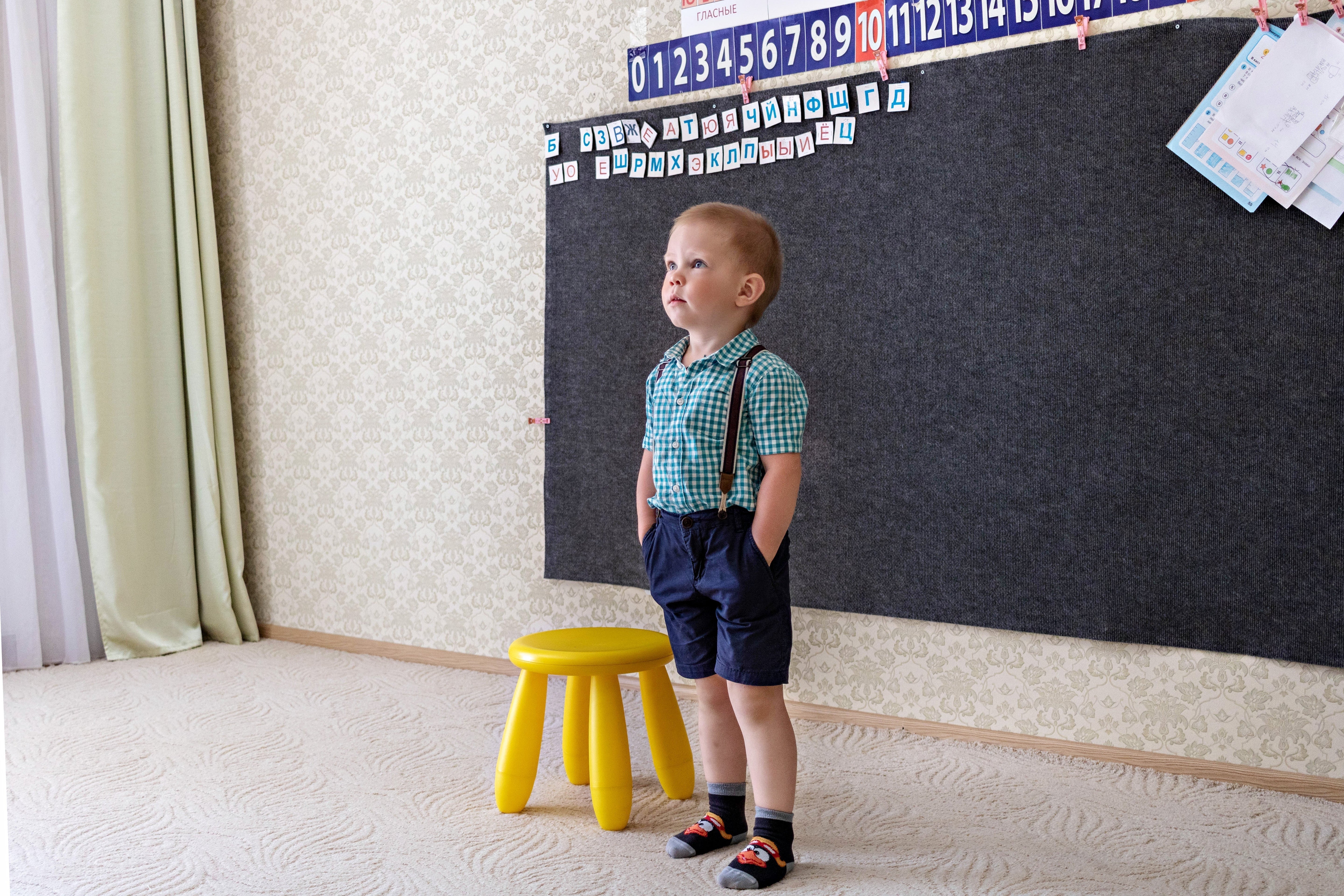By Megan Archer
Mornings can feel like a whirlwind. Bedtimes can drag out forever. Sometimes, just getting out the door is a small victory. Every family has its own rhythm, and no day ever goes exactly as planned. Introducing a few simple routines can make a world of difference for you and your child. For young children, routines aren’t about strict schedules. They’re about creating a sense of calm, comfort, and predictability in a world that’s still very new to them.
Routines do more than reduce daily stress. They support language development, ease transitions into school, and most importantly, help children build independence over time. This sense of independence grows gradually as children begin to understand what comes next and start doing more independently with confidence.
Routines help children make sense of their day. When activities follow a familiar order, it gives them a sense of control. Whether it’s brushing teeth after breakfast or sharing a story before bed, these moments help children feel safe, secure, and supported. Over time, these small patterns build trust, confidence, and capability. It's not really about their potential but more about them succeeding: These are small but important steps that help children succeed over time.
Every family is different, and there’s no one-size-fits-all routine. Having consistency around key parts of the day, like mornings, mealtimes, playtime, or bedtime, can make a big difference in how children manage transitions, understand expectations, and develop healthy habits.
This message is echoed in Development Matters (2023), the guidance that supports the UK’s Early Years Foundation Stage. It notes that young children feel more secure when their care is consistent and predictable, especially as they begin learning to manage big emotions. While flexibility is still important, having familiar routines in place helps children feel safe, supported, and more confident as they grow.
So, how can parents begin building routines that work for them?

- Start with the basics. Begin with the most predictable parts of the day, like morning routines, mealtimes, and bedtime. A few anchor points can bring calm and structure.
- Use visual cues or picture charts. Children often respond well to images that show the order of activities. Involve your child in creating them by drawing pictures, choosing stickers, or deciding what comes before and after. This helps build understanding and ownership.
- Keep it consistent but flexible. It’s not about set timings. Doing things in the same order helps children feel secure, even if the clock isn’t exact.
- Use gentle transition signals. A tidy-up song or bedtime story can act as a helpful prompt to move from one activity to the next.
- Make it relational. Shared moments like a morning cuddle or a special phrase at bedtime can turn routine into connection.
- Let children have a say. Choosing between two outfits or deciding which book to read gives children a sense of control and encourages cooperation.
What if routines don’t go to plan?

- Stay calm and flexible. If the day goes off track, gently guide your child back to the routine when you can.
- Talk about it. A simple “Today was a bit different, but tomorrow we’ll get back to our usual morning” helps children feel reassured.
- Stick to key moments. Even on tricky days, holding onto one or two familiar steps like a story before bed can bring comfort.
- Adjust when needed. If something consistently doesn’t work, it’s okay to change it. Routines should work for your family, not add stress.
-
Think long term. Routines take time to settle. What matters is the overall pattern, not the occasional off day.
Remember, building an effective routine is a gradual journey; it won’t always go to plan, and that’s okay. Stay calm and be flexible for both you and your child’s needs. Small, consistent actions create a sense of safety. Over time, routines become the foundation that fosters independence, supports emotional stability, and builds healthy habits. Trust the process, celebrate the small wins, and know that you're creating an environment where your little one can truly thrive.




